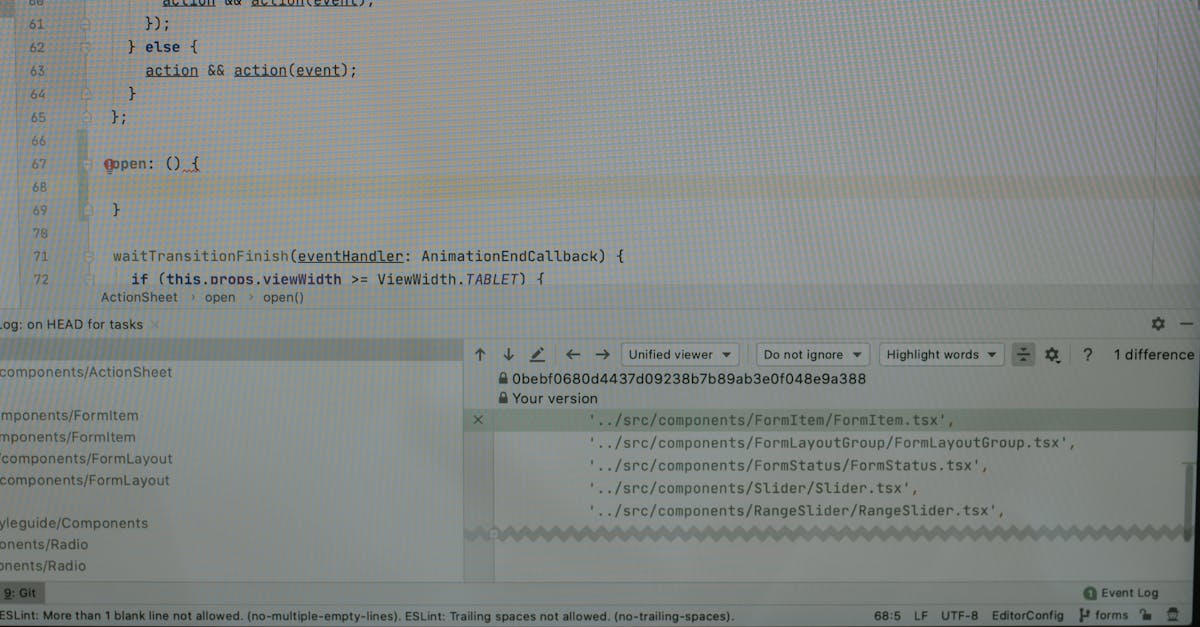
As AI and ML continue to develop rapidly, their integration into developer workflows is becoming increasingly prevalent. Discover how these technologies are streamlining processes, enhancing decision-making, and transforming how developers approach coding.
In recent years, the field of software development has witnessed an unprecedented integration of artificial intelligence (AI) and machine learning (ML) technologies into everyday workflows. As of 2025, these technologies are not just supplementary tools; they have become central to enhancing productivity, innovation, and efficiency in the software development lifecycle.
AI and ML have revolutionized the way developers approach coding. With intelligent code editors powered by AI, such as GitHub Copilot and Tabnine, developers are now able to receive real-time code suggestions, which significantly speed up coding tasks while reducing errors. These AI tools learn from vast repositories of code, offering suggestions that align with the best practices and latest standards.
Apart from coding assistance, AI and ML are now essential in automating testing processes. Tools like Testim and Mabl leverage machine learning to create flexible, adaptable test scenarios, which are crucial in fast-paced development environments. This automation not only saves time but also improves the accuracy of test results, allowing developers to focus on more critical issues.
AI also plays a significant role in project management. Advanced ML algorithms can analyze previous project data to predict timelines, identify potential bottlenecks, and suggest resource allocations. This data-driven approach assists teams in making informed decisions, ensuring projects remain on track.
Looking ahead, the potential for AI and ML in development workflows is vast. With continuous learning systems, these technologies will become even more adept at understanding the intricate nuances of programming languages and developer habits. This means more personalized and efficient workflows, ultimately enhancing the quality of software products.
While some developers view this reliance on AI as a shift away from traditional coding methods, the consensus is moving towards embracing these tools as indispensable allies in the development process. The ongoing evolution of AI and ML in the realm of software development offers exciting prospects, ensuring that developers are well-equipped to tackle future challenges with enhanced capabilities.